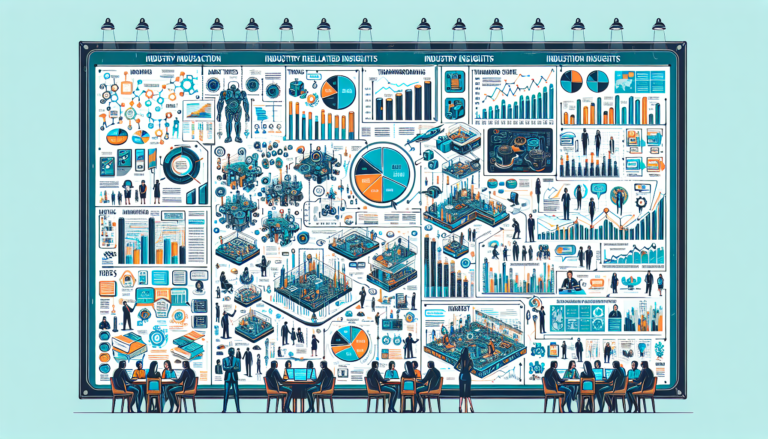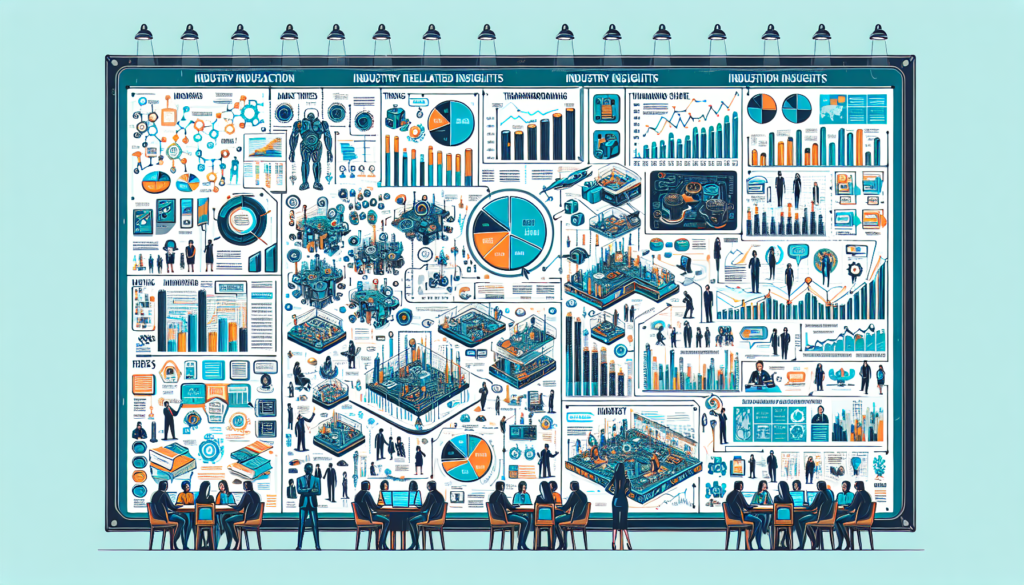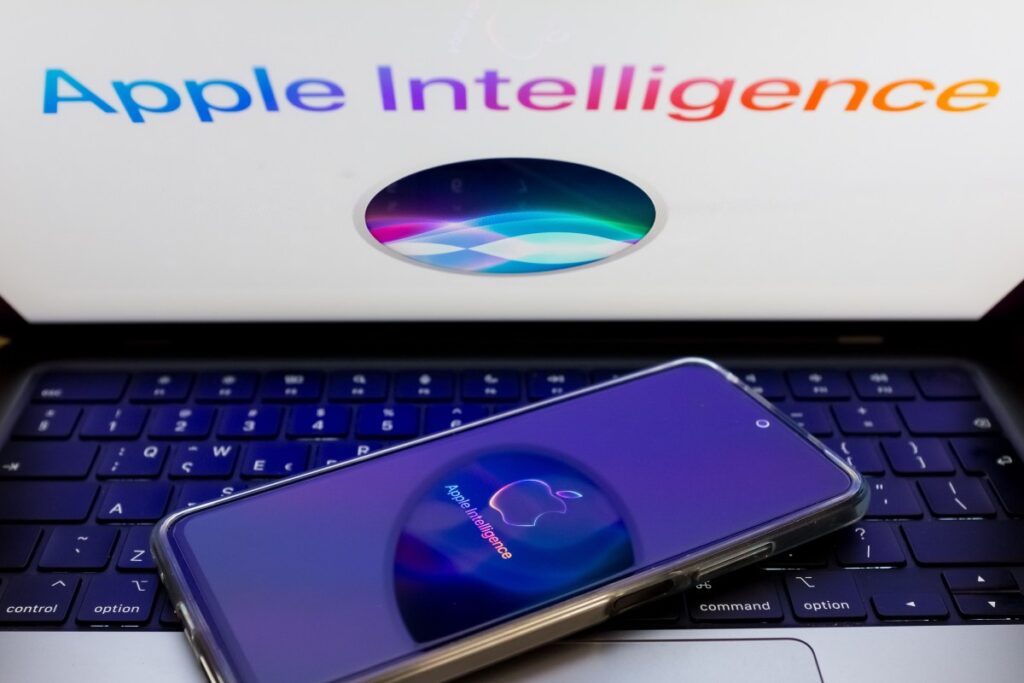UK Tech Minister’s Support for ChatGPT in Education
In a bold move that has captured the attention of educators and students alike, the UK Tech Minister has publicly endorsed the use of ChatGPT as a valuable resource for homework assistance. This endorsement comes at a time when the role of technology in education is under intense scrutiny. The minister argues that tools like ChatGPT can enhance learning experiences, making complex subjects more accessible to students. By integrating AI into the educational landscape, the government aims to foster a generation of tech-savvy learners who can harness these tools effectively.
The minister’s advocacy for ChatGPT is grounded in the belief that technology can bridge gaps in understanding. Many students struggle with subjects that require critical thinking and problem-solving skills. By leveraging AI, they can receive instant feedback and explanations that traditional methods may not provide. This approach allows students to engage with material at their own pace, promoting a deeper understanding of the concepts being taught.
The Calculator Controversy: A Historical Perspective
To fully appreciate the implications of the Tech Minister’s support for ChatGPT, it’s essential to draw parallels to the historical controversy surrounding calculators in education. When calculators first emerged in classrooms, they faced significant opposition from educators who feared that reliance on technology would undermine basic arithmetic skills. Critics argued that students would become dependent on calculators and lose their ability to perform simple calculations manually.
Over time, however, the educational community began to recognize the benefits of allowing calculators in the classroom. They realized that calculators could serve as valuable tools for teaching more complex mathematical concepts, enabling students to focus on problem-solving rather than getting bogged down in calculations. The acceptance of calculators eventually paved the way for a more integrated approach to technology in education.
The Tech Minister’s endorsement of ChatGPT mirrors this historical moment. Just as calculators transformed the way math was taught, AI-powered tools like ChatGPT have the potential to revolutionize how students engage with all subjects. By embracing these technologies, educators can harness their power to enrich learning experiences and prepare students for a tech-driven future.
Enhancing Educational Outcomes with AI
The benefits of using ChatGPT in educational settings are numerous. One of the most significant advantages is its ability to provide personalized learning experiences. Each student has a unique learning style, and the adaptability of AI allows it to cater to individual needs. For instance, if a student struggles with a particular topic, ChatGPT can offer tailored explanations and practice problems that address those specific challenges.
Additionally, ChatGPT can assist in critical thinking development. Instead of simply providing answers, it encourages students to explore different perspectives and approaches to problem-solving. This interactive dialogue fosters a deeper understanding of the subject matter, as students are prompted to think critically about the information they receive.
Moreover, the availability of ChatGPT as a homework aid can promote self-directed learning. Students can engage with the tool outside of classroom hours, allowing them to take ownership of their education. This autonomy can lead to increased motivation and a greater sense of responsibility for their learning outcomes.
Addressing Concerns: The Role of Educators
Despite the numerous advantages of integrating ChatGPT into educational settings, concerns remain. Educators worry that the reliance on AI could lead to a decline in fundamental skills, much like the initial fears surrounding calculators. To address these concerns, the Tech Minister emphasizes the importance of balancing technology use with traditional teaching methods.
Teachers play a crucial role in guiding students on how to use ChatGPT effectively. Instead of viewing it as a shortcut to answers, educators should encourage students to use it as a supplementary resource. By incorporating AI into lesson plans, teachers can demonstrate how to critically evaluate the information provided by ChatGPT, ensuring that students develop their analytical skills alongside technology.
The Tech Minister advocates for professional development opportunities for educators, enabling them to feel confident in using and teaching with AI tools. By equipping teachers with the knowledge and skills to integrate ChatGPT into their classrooms, the government hopes to create a supportive environment for both educators and students.
Preparing Students for a Technology-Driven Future
As the world becomes increasingly dependent on technology, it is essential to prepare students for the future job market. Many careers now require a level of proficiency in digital tools and critical thinking skills. By incorporating ChatGPT into educational practices, the UK can better equip students with the skills necessary to navigate an ever-evolving landscape.
Through the use of AI in education, students can develop essential skills such as research, analysis, and effective communication. ChatGPT can assist students in conducting research by providing instant access to a wealth of information on various topics. This exposure encourages students to become more proficient in sourcing and synthesizing information, skills that are highly valued in today’s workforce.
In addition, the ability to articulate thoughts clearly is crucial in any career. ChatGPT can help students refine their writing and communication skills by providing suggestions and feedback on their work. This interaction fosters a culture of continuous improvement, empowering students to express their ideas more effectively.
Case Studies: Successful AI Integration in Schools
Several schools across the UK have begun to integrate AI tools like ChatGPT into their curriculums, showcasing the potential benefits of this technology. One case study highlights a secondary school that implemented ChatGPT in its English literature classes. Students used the AI to discuss themes and characters in novels, leading to richer classroom discussions and a deeper understanding of the material.
Another example comes from a science department that utilized ChatGPT to assist students with complex experiments. By posing questions and receiving instant feedback, students felt more confident in their understanding of scientific principles, which translated into improved performance on assessments.
These case studies demonstrate that when used thoughtfully, ChatGPT can enhance the educational experience, providing students with the support they need to thrive academically.
The Future of AI in Education
The Tech Minister’s endorsement of ChatGPT is just the beginning of a broader conversation about the future of AI in education. As technology continues to evolve, so too will the tools available to students and educators. The government is committed to exploring innovative solutions that can further enrich learning experiences and ensure that students are prepared for the demands of the future.
In addition to ChatGPT, other AI-driven tools are emerging that can support various aspects of education. From personalized learning platforms to virtual tutoring services, the possibilities are vast. By fostering an environment that encourages experimentation with these technologies, the UK can lead the way in creating a modern educational framework.
As this conversation unfolds, it is crucial to maintain an open dialogue with educators, students, and parents. Their insights and experiences will be invaluable in shaping policies that support the responsible use of technology in education. The goal is to create a balanced approach that maximizes the benefits of AI while addressing potential challenges.
Conclusion: Embracing Change in Education
The UK Tech Minister’s support for ChatGPT in homework assistance reflects a changing landscape in education, one that embraces technology as an ally rather than an adversary. By drawing parallels to the calculator controversy, it becomes clear that the integration of AI into classrooms can be both transformative and beneficial.
Through careful implementation and a focus on professional development for educators, the UK can ensure that students not only excel academically but also develop the skills needed for a successful future. As society moves further into the digital age, embracing change in education will be essential for nurturing the next generation of thinkers and innovators.














